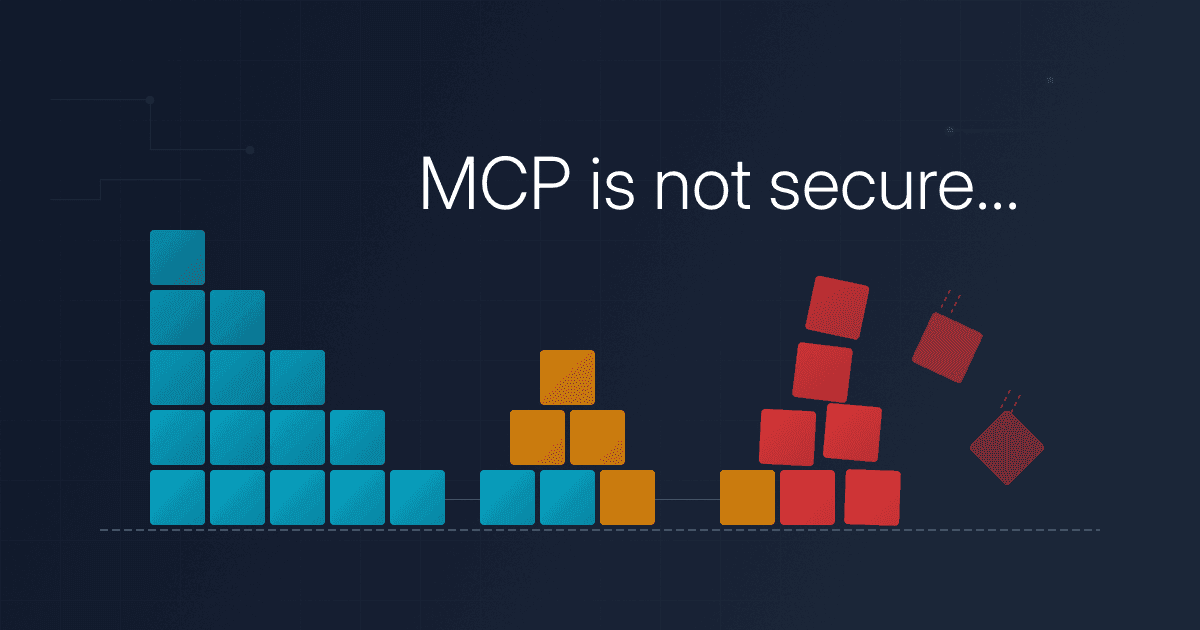AuthZed Blog
Articles from the AuthZed team about SpiceDB, Fine Grained Authorization, Google Zanzibar, and engineering culture.
Policy Engines Don't Work for AI Authorization. Here's Why


Sohan Maheshwar
February 18, 2026
Policy engines promise flexible authorization, but they struggle with the ambient context and relationship-driven decisions that AI systems require. Learn why Relationship-Based Access Control (ReBAC) is the better approach for securing AI agents and RAG pipelines.
8 minutes
Policy Engines for AI Agents


Jake Moshenko
February 17, 2026
Policy engines are being pitched as the solution for AI agent authorization, but they fall short in dynamic, relationship-heavy environments. Jake Moshenko breaks down why relationship-based access control is a better fit as we start treating AI agents more like people than scripts.
14 minutes
Interact with SpiceDB Seamlessly from within PostgreSQL using the SpiceDB Foreign Data Wrapper


Joey Schorr
February 12, 2026
Introducing the SpiceDB Foreign Data Wrapper (FDW) for PostgreSQL — a new experimental way to bring real-time authorization context from SpiceDB into Postgres queries, without duplicating data or embedding authorization logic where it doesn't belong.
5 minutes
Introducing the SpiceDB Query Planner




Maria Inés Parnisari and 2 others
February 2, 2026
The SpiceDB query planner project explains the architecture on how we're improving the performance of every permission check.
9 minutes
The Importance of Off-Sites for a Remote Company


Jenessa Petersen
December 30, 2025
While many companies push return-to-office, AuthZed stays remote-first. Our secret is regular off-sites where bonding and business coincide. When we prioritize being human together, we return with more empathy, better communication, and renewed drive to solve hard problems.
3 minutes
Agentic AI is not Secure


Irit Goihman
December 23, 2025
MCP, A2A, and ACP standardize how AI agents communicate, but none adequately address authorization. This post analyzes specific vulnerabilities in token granularity, revocation propagation, and delegation chains, and outlines requirements for secure agent infrastructure.
8 minutes
MCP is Not Secure


Sam Kim
December 1, 2025
MCP standardizes how AI agents connect to tools and data. What it doesn't do is secure them. The spec addresses authentication plumbing but leaves authorization decisions to implementers. So how do you build with MCP without recreating the mistakes behind 2025's breach timeline? It starts with understanding where the protocol ends and your responsibility begins.
7 minutes
A Timeline of Model Context Protocol (MCP) Security Breaches


Sohan Maheshwar
November 26, 2025
AI fundamentally changes the interface, but not the fundamentals of security. Here's a timeline of security breaches in MCP Servers from the recent past.
7 minutes
Build a Multi-Tenant RAG with Fine-Grain Authorization using Motia and SpiceDB


Sohan Maheshwar and Rohit Ghumare
December 1, 2025
Learn how to build a complete retrieval-augmented generation pipeline with multi-tenant authorization using Motia's event-driven framework, OpenAI embeddings, Pinecone vector search, SpiceDB permissions, and natural language querying.
25 minutes
Terraform and OpenTofu Provider for AuthZed Dedicated


Veronica Lopez
October 30, 2025
AuthZed now supports Terraform and OpenTofu. You can manage service accounts, API tokens, roles, and permission system configuration as code, just like your other infrastructure. Define resources declaratively, version them in git, and automate deployments across environments without manual configuration steps.
2 minutes
Why we’re not renaming the company AuthZed.ai


Jake Moshenko
October 27, 2025
Should your company rebrand as an AI company? We decided not to.
AI companies attract outsized funding and partnership dollars. Yet rebranding means trading established brand value and customer mindshare for alignment with today's hottest trend.
We stayed brand-neutral because our authorization solution serves both AI and non-AI companies alike. Limiting ourselves to AI-only would be a disservice to our broader mission and the diverse customers who depend on us.
7 minutes
AuthZed Dedicated Now Available on Microsoft Azure


Jimmy Zelinskie
October 21, 2025
AuthZed now supports Microsoft Azure, giving customers the opportunity to choose from all major cloud providers - AWS, Google Cloud, and Microsoft Azure. Deploy authorization infrastructure to 23+ Azure regions for globally distributed applications.
2 minutes
Extended T: Augment your design craft with AI tools


Corey Thomas
October 3, 2025
How a startup designer makes the T wide, expanding into 3D, rapid iteration, and small-batch production without lowering the quality bar.
8 minutes
Introducing AuthZed's MCP Servers


Sam Kim
September 30, 2025
We're launching two MCP servers to bring SpiceDB closer to your AI workflow. The AuthZed MCP Server provides instant access to documentation and examples, while the SpiceDB Dev MCP Server integrates with your development environment. Learn about our MCP journey from early prototypes to production, and discover how these tools can speed up your SpiceDB development.
4 minutes
The Dual-Write Problem in SpiceDB: A Deep Dive from Google and Canva Experience


Artie Shevchenko
September 16, 2025
In this technical deep-dive, Canva software engineer Artie Shevchenko draws on five years of experience with centralized authorization systems, first with Google's Zanzibar and now with SpiceDB, to tackle one of the most challenging aspects of authorization system implementation: the dual-write problem. This talk was part of the Authorization Infrastructure event hosted by AuthZed on August 20, 2025.
23 minutes


